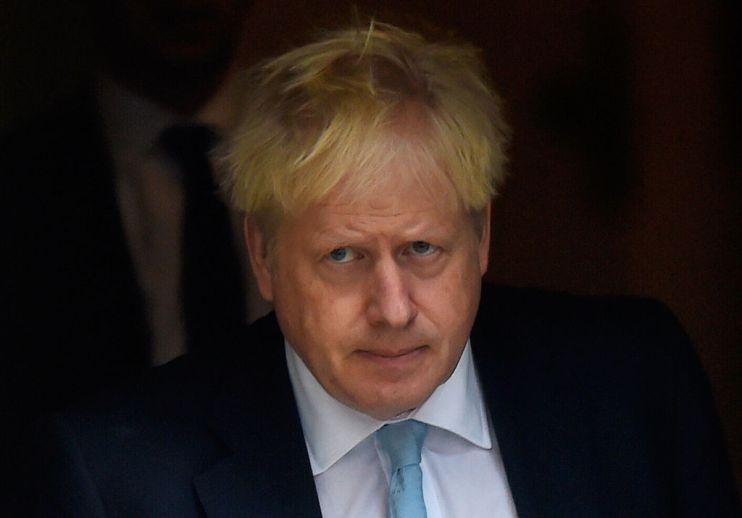Boris Johnson launches bid for Christmas election

The Prime Minister’s pledge to take the UK out of the EU before Halloween “come what may” was left in tatters last night, after MPs blocked a key vote to fast-track his Brexit legislation.
MPs voted in support of the Withdrawal Agreement Bill (WAB), notably 52-48 per cent in favour, but refused to back the timetable which would have paved the way for the UK to leave in just over a week.
Although Boris Johnson had threatened to pull the bill entirely, and take the country to the polls, he made no such suggestion as he acknowledged his defeat at the despatch box.
“I must express my disappointment that the house has again voted for delay rather than a timetable that would have guaranteed that the UK would be in a position to leave the EU on October 31 with a deal,” Johnson said.
“We now face further uncertainty and the EU must now make up their minds over how to answer Parliament’s request for a delay,” he added, raising the possibility that the UK could still leave by Halloween without a deal in place.
“I will speak to EU member states about their intentions,” he added. “Until they reach a decision, we will pause this legislation.”
Among those to vote against the government on the programme motion were former chancellors Philip Hammond and Ken Clarke, as well as former ministers Rory Stewart and Guto Bebb.
Labour leader Jeremy Corbyn said the vote proved that MPs could not be “bounced” into backing the deal without time for proper scrutiny.
“The Prime Minister is the author of his own misfortune,” he added.
Instead of calling on Johnson to stick to his guns over the threat of a Christmas election, Corbyn urged the government “to agree a reasonable timetable” to allow the bill, which received the backing of 19 Labour MPs including Lisa Nandy and Gloria De Piero, to go forward.
Brussels said it was waiting for Downing Street to “inform us about the next steps”.
Irish Taoiseach Leo Varadkar welcomed the vote on the WAB, but added: “We will now await further developments from London and Brussels about next steps; including timetable for the legislation and the need for an extension.”
Earlier in the day, European Council president Donald Tusk told MEPs: “I have no doubt that we should treat the British request for extension in all seriousness.”
Back in London, Johnson was urged to move forward constructively, rather than spark further uncertainty.
Jasmine Whitbread, chief executive of London First, said: “We’re hopeful the EU will grant an extension to Article 50 to avoid us crashing out next week, which would hurt those who can least afford it.
“We have now had more than three years, two governments and five attempts at a meaningful vote without agreement. The government must get on with the detailed scrutiny of its legislation and let parliament decide whether to back this deal or to take this momentous decision back to the British people.”
Paul Dales, chief UK economist at Capital Economics, added: “A short delay to finalise a deal would not be a blow to economic growth and the pound, especially if it were followed by a deal that would eventually prompt both to rise….But a longer delay to allow for a general election would prolong the current uncertainty that is acting as a handbrake on the economy and holding down the pound.
“If Brexit were delayed again, again and again, we think that GDP growth would slow from 1.3 per cent this year to just one per cent next year.”
Main image: Getty